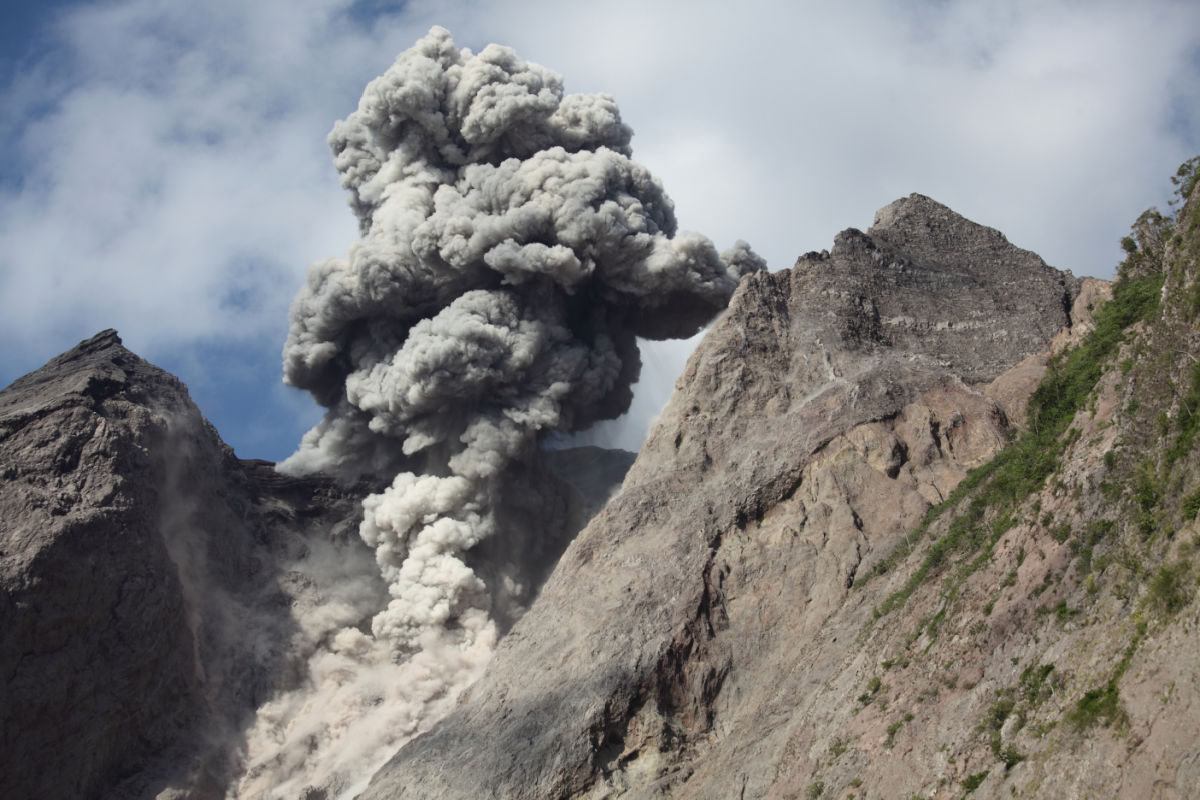If you’re planning a trip to Bali, it’s essential to stay updated on the latest travel news, as the island is facing significant travel disruptions. Recently, the chaos has escalated due to volcanic ash affecting flights between Indonesia and Australia.

Understanding the Impact of Volcanic Activity
As travelers, we often overlook nature’s power until it disrupts our plans. The source of the current situation is Mount Lewotobi Laki Laki, located approximately 800km from Bali, which has been actively erupting since November 3, 2024. I remember a similar incident when I was in Bali a few years ago; a sudden eruption disrupted my planned excursions, forcing us to adapt on the fly. It’s an experience that reminds us how unpredictable travel can be.
On that fateful night of November 3, a major volcanic eruption sent plumes of hot ash soaring over 2000 meters into the sky. Tragically, this volcanic activity caused the loss of at least nine lives as ash fell on nearby villages, highlighting the serious repercussions of these natural events.
Flight Cancellations and Delays
In the past week, numerous domestic flights from Bali to Labuan Bajo—the gateway to the beautiful Flores Islands—have faced congestion and cancellations. But it doesn’t stop there; international flights have now joined the fray. Cancellations have also affected routes to South Korea, Singapore, India, and Qatar, creating travel headaches for many. If you have friends or family who have experienced similar issues, they can attest to the frustrating feeling of being stuck in transit.
Airlines Respond to the Crisis
On November 13, major airlines operating between Bali and Australia announced the suspension of services due to the drifting ash cloud. A staggering ninety flights were impacted, causing a wave of uncertainty at I Gusti Ngurah Rai International Airport. However, there’s a silver lining—for those who need to fly, the General Manager of Bali Airport, Ahmad Syaugi Shabab, has assured travelers that no volcanic ash has been detected over Bali, and operations at the airport remain normal.
Shabab communicated, “These findings are also reinforced by predictions of the direction of volcanic ash by BMKG and airspace observations.” This kind of clarity can offer some comfort to those who have already faced disruptions in their travel plans.
Traveler Support and Alternatives
In response to this unfolding situation, airlines like Jetstar, Virgin Australia, Qantas, and AirAsia have set up help desks for affected passengers at both the international and domestic terminals. They are committed to providing options, including refunds, rescheduling, or alternative routes. Sharing a story from a friend who once spent a night at an airport during a canceled flight really resonates here—having support and options available can truly make a difference during stressful situations like this.
Domestic travelers flying north and east of Bali, particularly to Kuoang (KOE), Labuan Bajo (LBJ), Tambolaka (TMC), Waingapu (WGP), and Ende (ENE), should stay in close contact with their airline regarding potential delays or cancellations. This proactive approach can help alleviate some of the stress that comes with sudden travel changes.
Keep Updated and Stay Safe
Airlines are closely monitoring the situation, with Jetstar indicating that they won’t resume flights until at least midday on November 14. As someone who has navigated travel disruptions firsthand, I can empathize with the frustration it creates. “Safety is always our number one priority,” they stated, which is reassuring to hear during such uncertain times.
In times like these, travelers should remain vigilant and check their airline’s website and social media for the latest updates. Additionally, I Gusti Ngurah Rai International Airport is actively sharing information via their Instagram, which can be a quick way to stay informed.
Contacting Consulates for Support
If you find yourself stranded in Bali or in need of urgent assistance, don’t hesitate to reach out to your local consulate for support. Their resources can be incredibly beneficial in these trying times.
In conclusion, while the current volcanic eruptions may cause significant travel disruptions, being informed and adaptable is key. Stay patient, use the resources available, and remember that you’re not alone in navigating these unexpected challenges. Safe travels!






